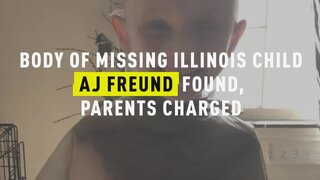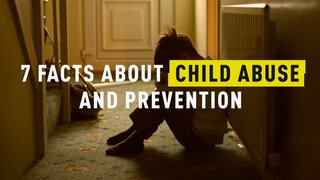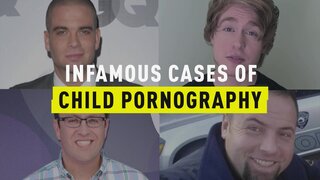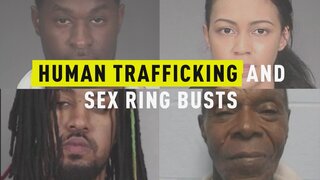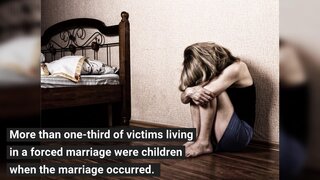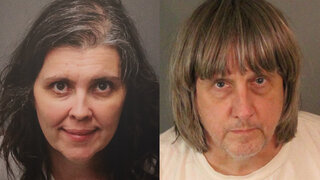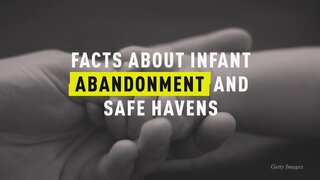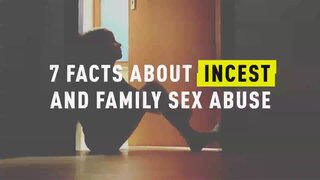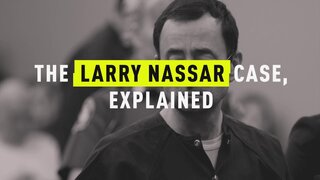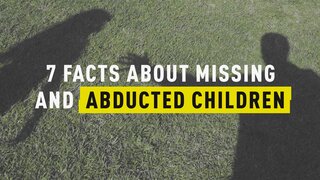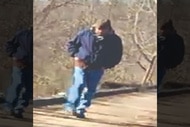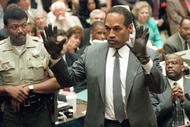Guitarist Pete Townshend Claims Child Pornography Arrest 'Probably Saved My Life'
Pete Townshend’s arrest meant that he had to register as a sex offender for five years, but it also led to a life-saving cancer diagnosis, he recently revealed.
Pete Townshend, member of the legendary rock band The Who, credits his 2003 child pornography arrest with literally saving his life.
Townshend, 74, received a caution from British authorities in May 2003 after admitting to using his credit card to access a website containing photos of child pornography and abuse, The Guardian reported. Townshend, then 57, claimed that he’d visited the website — which police alleged that he did in 1991 — in order to conduct research for a book; nevertheless, he was ordered to register as a sex offender for the next five years, according to the outlet.
For a feature published online Saturday by the Daily Mail, the guitarist and songwriter claimed that the arrest actually saved his life because it led to his cancer diagnosis.
“Just for the record, my arrest was probably one of the best things that ever happened to me. It probably saved my life,” he said.
Despite his father having died from colon cancer, which is hereditary, Townshend procrastinated on being checked for the disease himself, he explained to the outlet. It was only after his arrest that he found out that he had a cancerous polyp in his bowel.
“While I was waiting for the police to go through my computers, I decided to have that long-postponed colonoscopy. My father had died of colon cancer and I had promised myself I would check before I got much older, but I had kept putting it off,” he explained.
He added later, “The doctor showed me the polyp, a disgusting thing. He said, ‘This would have killed you in six months.’ So it sort of saved my life.”
Townshend previously spoke out about his arrest in 2012, claiming that he paid the $7 to access the site in order to research a campaign he was planning against online child pornography, The Telegraph reports. He called the decision to do so “insane,” but said that his intention was to expose how British banks help pedophile rings thrive, according to the outlet.
His 2012 interview was his first time publicly addressing his arrest. Explaining the decision, he remarked that he’d kept silent “because there was no sense of ‘the truth will out.’”
“I've had the misfortune to read online comments where I'm judged as a pedophile because I’ve got a big nose,” he continued.
Townshend reportedly wrote in his memoir, “Who I Am,” that the public response to his arrest felt like “a lynching,” and it led him to feel suicidal.
Townshend’s January 2003 arrest was part of Operation Ore, a large-scale investigation into child pornography in the United Kingdom, according to The Guardian. More than 7,000 suspects were investigated during the course of the effort, according to another report from the outlet.
Scotland Yard spent four months investigating Townshend and ultimately concluded that he did not download any images of child abuse, the outlet reports.
Townshend, himself a survivor of childhood abuse, wrote in his autobiography about the cruel treatment he suffered at the hands of his grandmother at the age of 6 that was followed by sexual abuse from scout leaders, according to Billboard.



